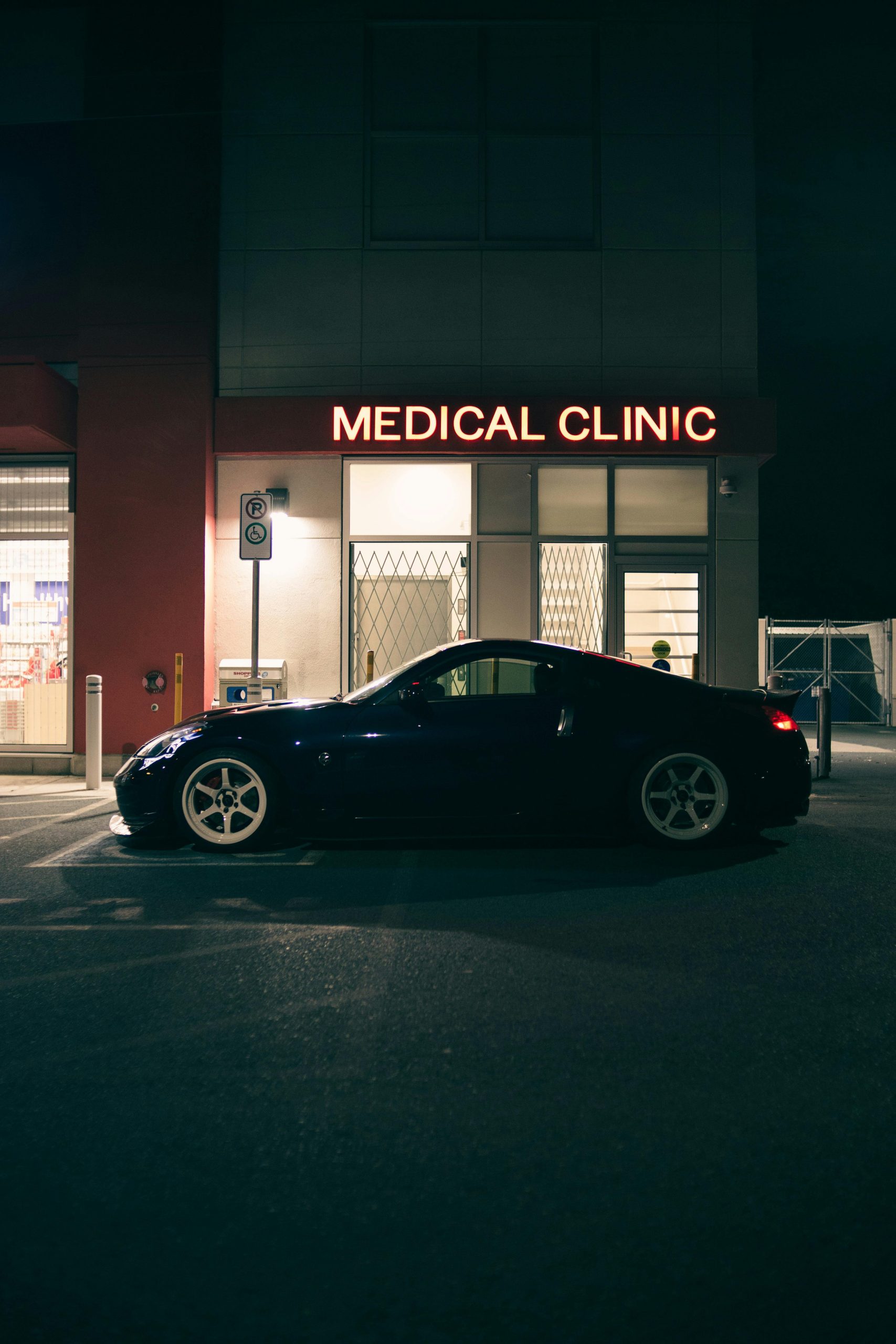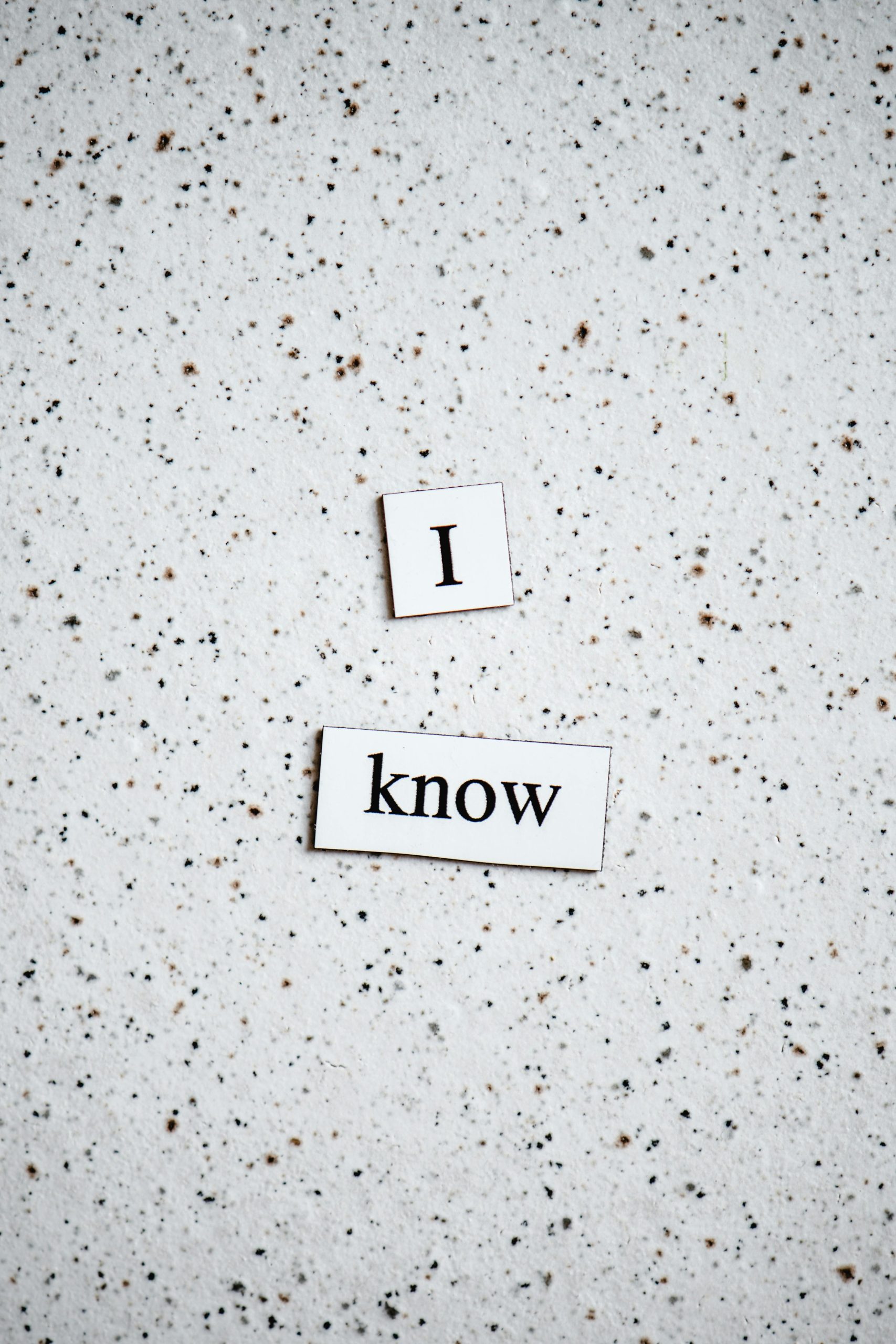Will Insurance Cover All Damages?
I recently got into a car accident where the other driver ran a stop sign, and I had the right of way. I hit them at around 10 mph, resulting in minor damage—a small dent and a cracked headlight. After exchanging insurance information, we both drove away without too much trouble.
I promptly filed a claim with my insurance, detailing the accident and the damage I observed at the time. However, a few days later, I noticed my brakes felt spongy. I figured I might just need to top off the brake fluid, but that didn’t resolve the issue. Upon inspecting my brake lines, I discovered that both hoses were leaking due to cracks.
To make matters worse, while I was under the car, I noticed a significant oil leak—about a drop every couple of seconds. I pride myself on taking good care of my vehicle and keeping up with maintenance, so these issues were unexpected.
This leads me to my question: will my insurance cover these new problems? Could they deny the claim because I can’t definitively prove these issues didn’t exist before the accident? I only have photos of the damage afterward and my girlfriend’s testimony, as she witnessed the incident.




I’m sorry to hear about your situation; that sounds really frustrating. In general, whether insurance will cover the additional damages depends on a few factors:
Fault Determination: Since the other driver was at fault, their liability insurance should cover the damage to your vehicle, provided it can be linked to the accident.
Documentation: While you don’t have concrete proof of the condition of your brakes or oil leaks before the accident, having photos and witness statements can help strengthen your claim. If you can demonstrate that these issues arose immediately after the accident, that could support your case.
Insurance Policy: The specifics of your insurance policy and the at-fault driver’s coverage will influence what gets covered. Generally, liability insurance should cover damages that were directly caused by the accident, but things like wear and tear or underlying mechanical issues may not be included.
Inspection: It might be a good idea to have a mechanic inspect your vehicle and provide a written statement regarding the condition of the brakes and any leaks, as that could help establish a timeline for when these issues arose.
Claim Process: When filing your claim, be sure to report all damages and any new issues you find. The insurance company may send a claims adjuster to assess the damages and make a determination on what is covered.
Be prepared for possible back-and-forth with the insurance company, but don’t hesitate to push for coverage if you believe these issues stemmed from the accident. It’s also wise to document everything thoroughly going forward. Good luck!